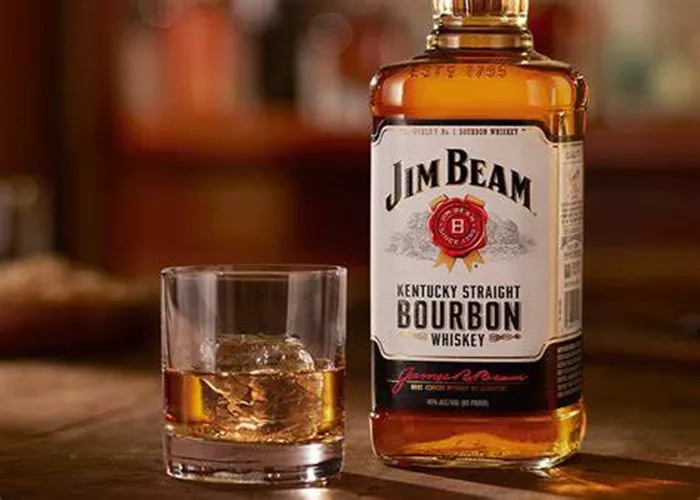Bourbon is a popular American whiskey that is enjoyed by many people around the world. It is known for its distinct flavor and is often used in cocktails or enjoyed neat. However, what makes bourbon different from other types of whiskey? In this essay, we will explore the unique characteristics of bourbon and what sets it apart from other types of whiskey.
The Ingredients of Bourbon
1. Corn – The Foundation
One of the most defining features of bourbon is its use of corn as the primary ingredient. The mash bill for bourbon must contain at least 51% corn. This high proportion of corn gives bourbon its characteristic sweetness and smoothness.
The type of corn used can vary, with different varieties imparting slightly different flavors. Corn provides the bulk of the fermentable sugars, which are essential for the fermentation process and the production of alcohol.
2. Other Grains
In addition to corn, bourbon typically includes other grains such as rye and barley. The addition of these grains adds complexity and flavor to the spirit.
Rye: Rye gives bourbon a spicier and more robust flavor. It can add notes of pepper, cinnamon, and a hint of bitterness, which balance out the sweetness from the corn. The amount of rye in the mash bill can vary, with different ratios creating different flavor profiles. Some bourbons have a higher rye content, resulting in a more assertive and spicy character, while others have a lower rye content for a smoother and more mellow taste.
Barley: Barley is used in bourbon production mainly for its enzymatic properties. It helps convert the starches in the corn and other grains into fermentable sugars during the mashing process. Barley also contributes to the overall flavor and mouthfeel of the bourbon, adding a touch of nuttiness and a fuller body.
3. Water
Water is another crucial ingredient in bourbon. It is used throughout the production process, from mashing to dilution before bottling. The quality of the water can have a significant impact on the final product.
Many bourbon distilleries use local water sources, which often have unique mineral compositions. These minerals can interact with the other ingredients and affect the fermentation and flavor development. Some distilleries even claim that their water source is a key factor in the distinct flavor of their bourbon.
See Also: Is Old Crow a Good Bourbon? A Detailed Exploration
The Production Process of Bourbon
1. Mashing
2. Fermentation
3. Distillation
4. Aging
5. Bottling
Conclusion:
In conclusion, bourbon is a uniquely American whiskey that is known for its distinct flavor and production standards. The mash bill, aging process, and production standards all contribute to the unique characteristics of bourbon, which include its sweetness, oaky flavor, and rich amber hue. Bourbon is a versatile spirit that can be enjoyed in cocktails or on its own, and is a favorite among whiskey enthusiasts around the world.
You might be interested


